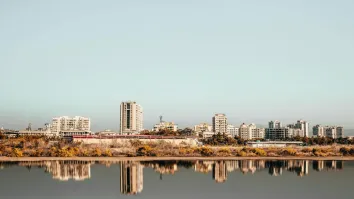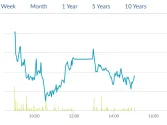
Why 2026 will be a turning point for Jakarta’s office market
The market is only expected to achieve supply and demand balance by then.
Analysts at Colliers do not foresee substantial growth in office building occupancy in Jakarta, at least not until 2025. Furthermore, with 2024 being a political year in Indonesia, the traditional lull in business activities, including office building transactions, is anticipated. In light of the equilibrium between supply and demand, it is estimated that Jakarta’s office sector will require another two to three years to achieve significant improvements.
Ferry Salanto, Colliers Indonesia Head of Research mentioned that "Colliers anticipates that the year 2026 will mark a turning point, driven by the attainment of a balance between the supply and demand for office rental space. Although the demand will continue to strengthen, it is happening gradually.
Conversely, landowners and investors will exercise increased caution when considering the construction of new office buildings without firm tenant commitments. Our projection, after the completion of the Indonesia-1 project in 2025, suggests that the growth of additional supply will be moderated in the years that follow.”
In the CBD, the average occupancy rate plateaued at 73.4% in Q3 2023, maintaining its stability compared to the previous quarter. While in areas outside the CBD, the average occupancy rate reached 75.1% in Q3 2023, reflecting a 2.2% QOQ increase. As the office market remains fiercely competitive, compelling landlords to maintain a high degree of adaptability and flexibility to attract potential occupants. In a tenant-driven market scenario, outdated office buildings with inadequate maintenance are more likely to face abandonment by tenants.
According to Colliers’s observation, Premium and Grade A office buildings still attract tenants in the post-pandemic era. In many cases, tenants seek a fresh environment by relocating to newer and higher-quality office buildings, often securing more favourable terms. Presently, tenant focus remains steadfastly fixed on efficiency, including capital expenditure considerations. Consequently, vacant spaces that are fully furnished, having inherited amenities from previous tenants, are increasingly favoured by discerning tenants.



















 Advertise
Advertise






